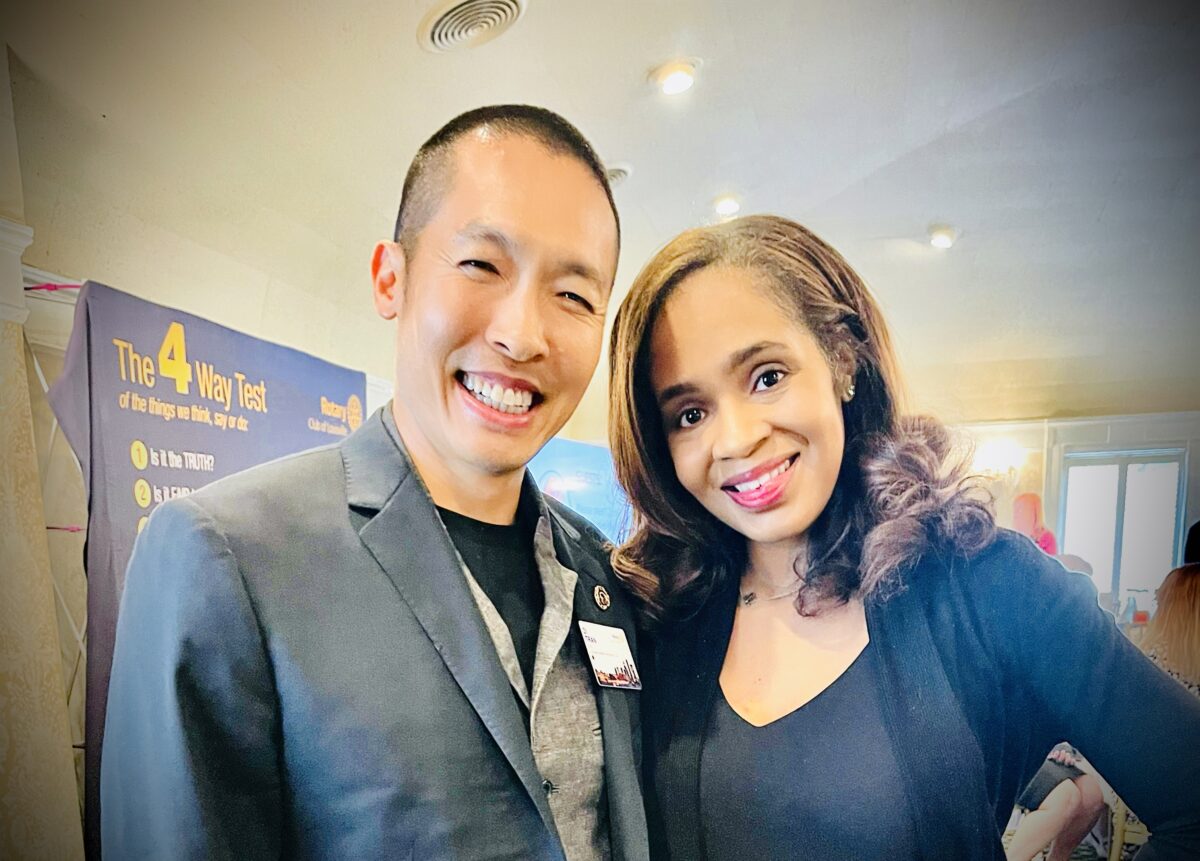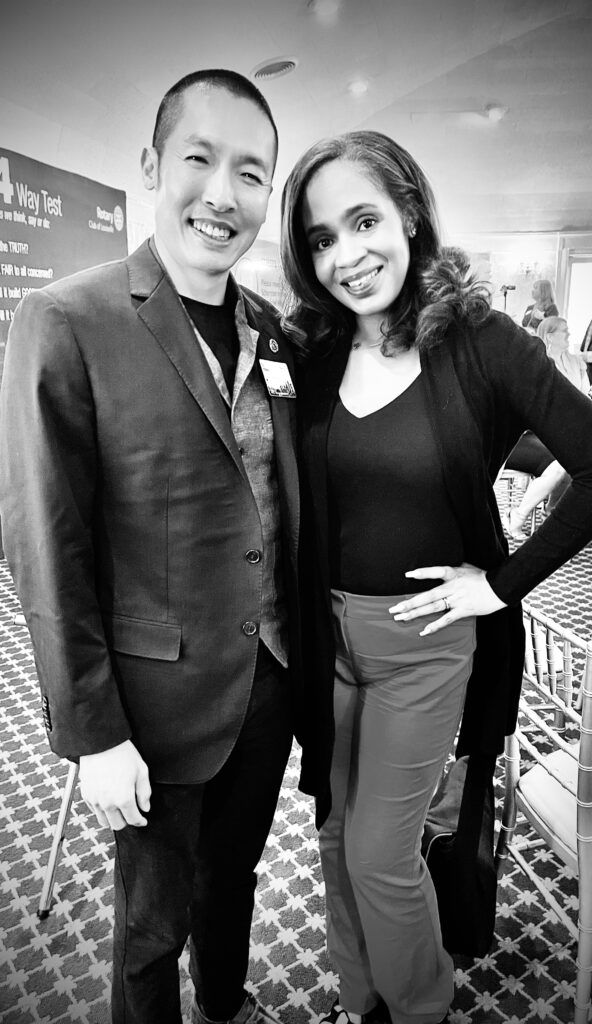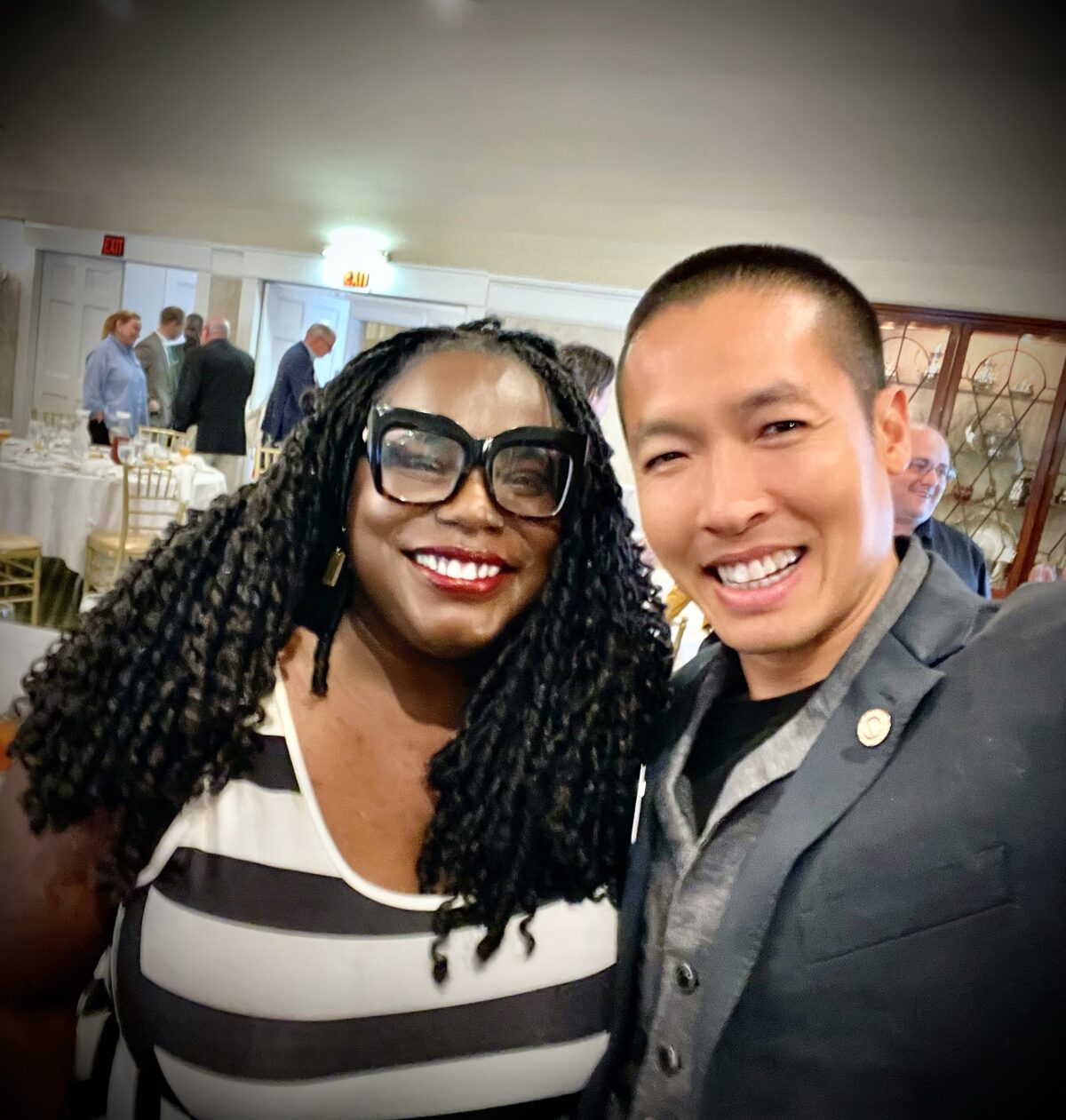Di Tran, the renowned author of “Drop the FEAR and focus on the FAITH,” unveils a daring perspective on life that many often shy away from – the concept that everything in life is, in essence, a negotiation. This negotiation is not limited to business deals, real estate transactions, or boardroom discussions. Instead, it permeates every aspect of our existence – friendships, family ties, romantic relationships, and even our interactions with ourselves.
However, not everyone is comfortable admitting this truth. There’s an underlying apprehension that acknowledging this ongoing negotiation somehow diminishes our authenticity. This fear runs deep, distorting our ability to candidly discuss matters involving financial stakes or business undertakings, especially in social settings.

This fear, however, isn’t just limited to money or business discussions. It’s a pervasive, all-encompassing unease that encroaches into our social interactions. The dread of losing people’s support, the worry of being misunderstood, the anxiety of not conforming – all these concerns stem from a fundamental fear of standing out, of being different.
The fear of silence, the fear of speaking up – these paradoxical fears often coexist. The dread of being ostracized for not advocating certain ideologies or causes, or the fear of speaking the truth when you have the solution, because of a perceived backlash, reflects an unfortunate reality of our social dynamics. It suggests an unwillingness to be truly helpful or constructive because of the looming fear of attracting hate or being different.
Furthermore, there’s the unsettling fear of being loved, of being friendly to others. It might seem counterintuitive, but the fear of standing out, even for positive traits, can hold us back. These are the silent fears that we often refuse to acknowledge, let alone confront.
However, Tran suggests an audacious solution – break the frame. To conquer these fears, one must shatter these societal and self-imposed barriers. If your goals are set for three years, why not push boundaries and aim to achieve them in six months?
This philosophy is not about hastening recklessly. Instead, it’s about challenging oneself, about not being content with merely playing by the rules but reshaping them instead. It is about overcoming our innate fear of judgement, of standing out, and embracing the power of faith – faith in our capabilities, our dreams, and our vision.
People often know the answers to their dilemmas. Deep down, we know what needs to be done, how the negotiation needs to take place. But we wait – we wait for someone else to make the first move, to ask the question. This waiting, this hesitation, is yet another manifestation of fear.
Tran’s philosophy is a call to action, a plea to abandon the fear and lean into the faith. The negotiations of life need not be a fear-fraught process. It can be a dynamic journey of faith and self-realization. By acknowledging the fears, we can begin to dismantle them. By focusing on faith, we can start navigating life’s negotiations with confidence, authenticity, and, ultimately, success.
In the end, the goal is to create a space where fear no longer holds sway, where we can freely discuss the matters that influence our lives, where being different is not a cause for anxiety but a badge of courage. Only then can we truly be ourselves, authentic and unapologetic.




















